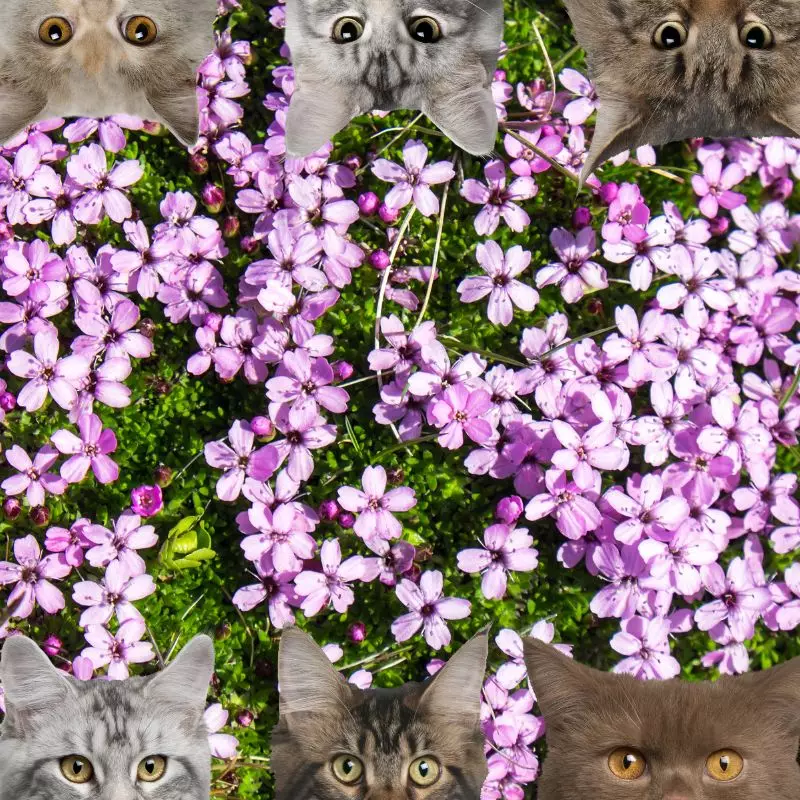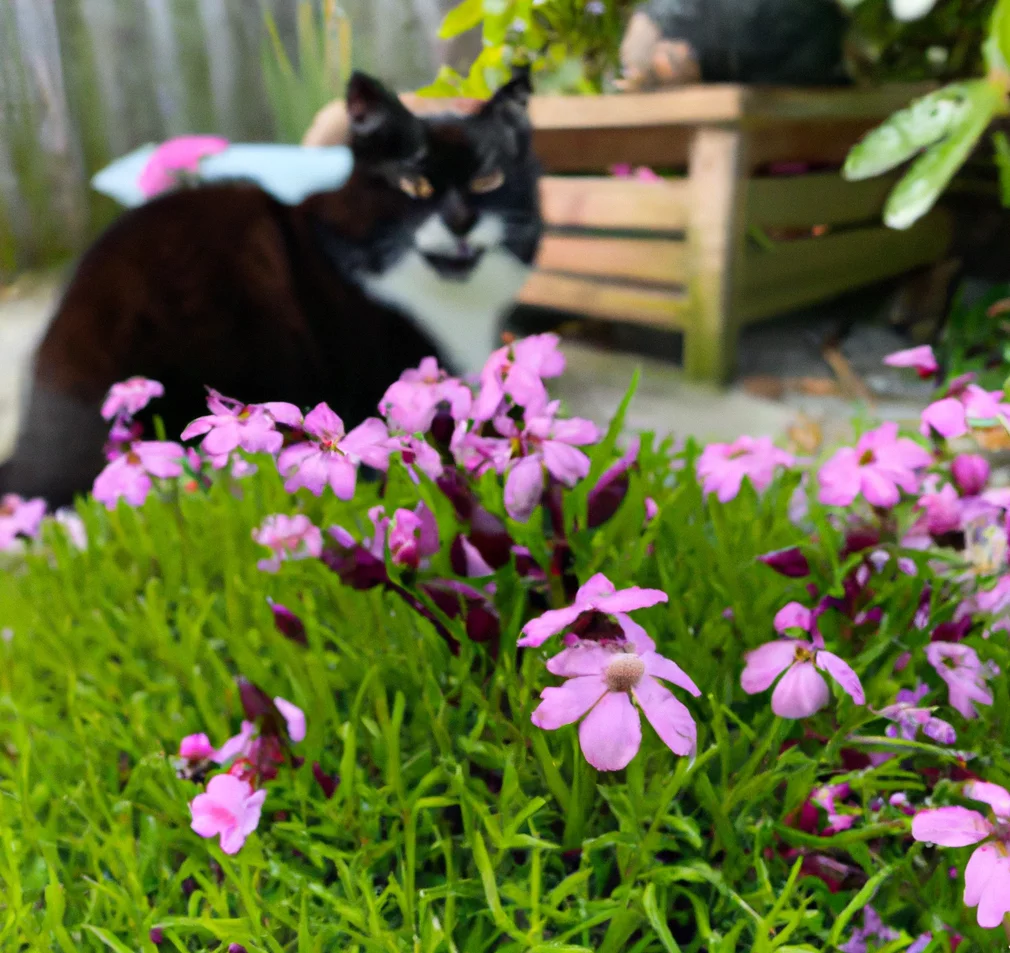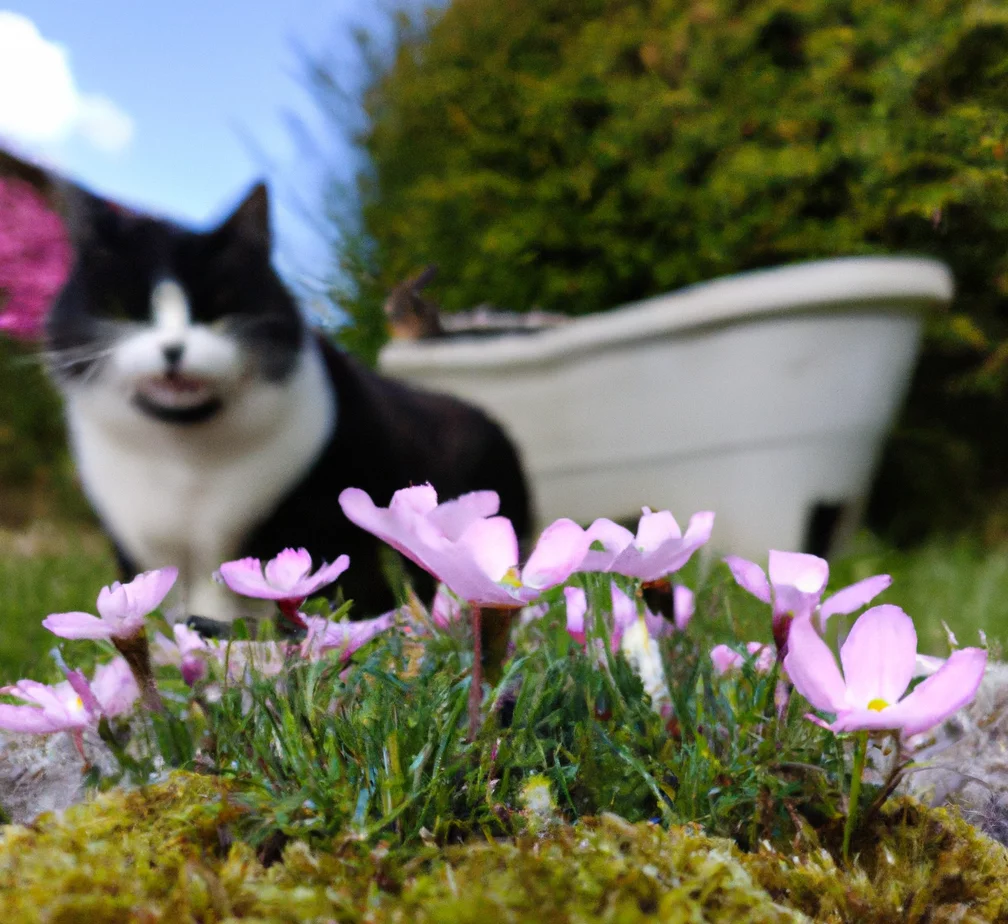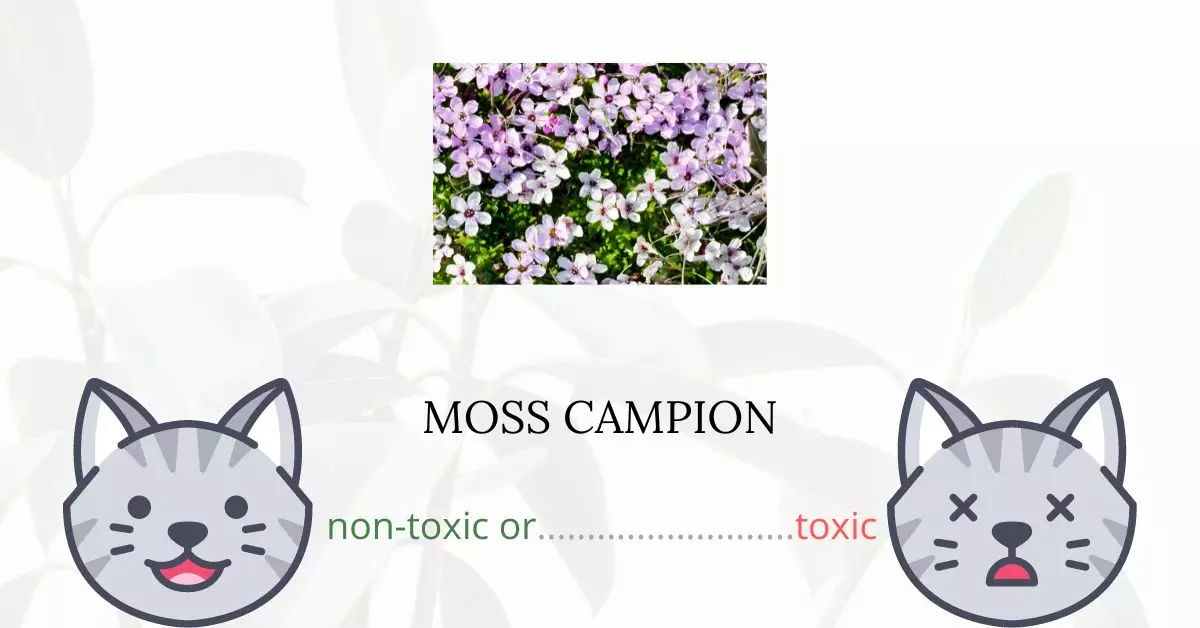Moss Campion is considered non-toxic for cats. In fact, it is listed on the ASPCA’s compilation of non-toxic plants for our feline friends.
This article has been meticulously crafted in collaboration with a team of experienced DVMs (doctors of veterinary medicine). Their invaluable insights have enriched the content, ensuring we provide accurate and up-to-date information about the potential risks associated with various plants, specifically Moss Campion, and their effects on cats. Furthermore, to ensure our readers receive comprehensive knowledge, we have also sourced information from high-authority websites such as ASPCA and PetMD.
Can Cats Eat Moss Campion?

One of the flowering houseplants that are suitable for houses with cats and dogs is the moss campion. You should keep an eye on how much they are chewing off, even with non-toxic plant kinds. Even safe plants can make them feel queasy or sick if they consume too many leaves or fronds.
What is a Moss Campion?

Moss campion (Silene acaulis) also referred to as cushion pink, is a tiny mountain-dwelling wildflower. It belongs to the Caryophyllaceae family of evergreen perennial flowers, which also includes carnations. Given that the flowers emerge first on the cushion’s southern side, it is also known as the compass plant. It thrives in wetter areas as well as dry, gravelly regions. When the sun is out, it creates its own, warmer climate inside with higher temperatures.
The high mountains of Europe and North America, as well as the northern arctic, are home to several moss campion plants. Moss campion is a typical cushion plant that grows in the alpine tundra of the West and New England in the United States. Only its tiny leaves are exposed to the elements, and it forms neat little mounds that cling to the ground. The flower buds are concealed beneath the leaves until they suddenly burst into bloom, covering the cushion in color. Moss campion must be examined closely in order to fully appreciate its beauty. The smallest blossom is about 0.4 inches across.
Keeping Cats Away From Moss Campion

There are numerous plants with inherent cat-repelling scents. For a persistent scent that deters cats, plant a lot of them throughout your garden. But be cautious. Numerous smells that are frequently suggested for deterring cats may be hazardous to people and animals if consumed and may even irritate the skin when in touch.
To stop digging, cover the ground in your garden with chicken wire. In order to prevent cats and other creatures from cutting themselves, roll the wire’s pointed edges under. Another method to stop digging and keep cats away is to cover the soil in your garden with a sharp or rough-edged mulch. You may use broken eggshells, abrasive boulders, or pine cone pieces with sharp spines.
Plants to Avoid For Your Cats
If you are a cat owner and unsure if the plants growing in your yard are harmful to your cats, check out this list of toxic plants for cats. You can also check our list of non-toxic plants for cats.





